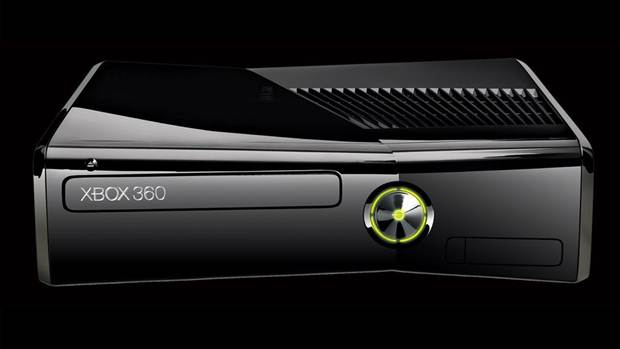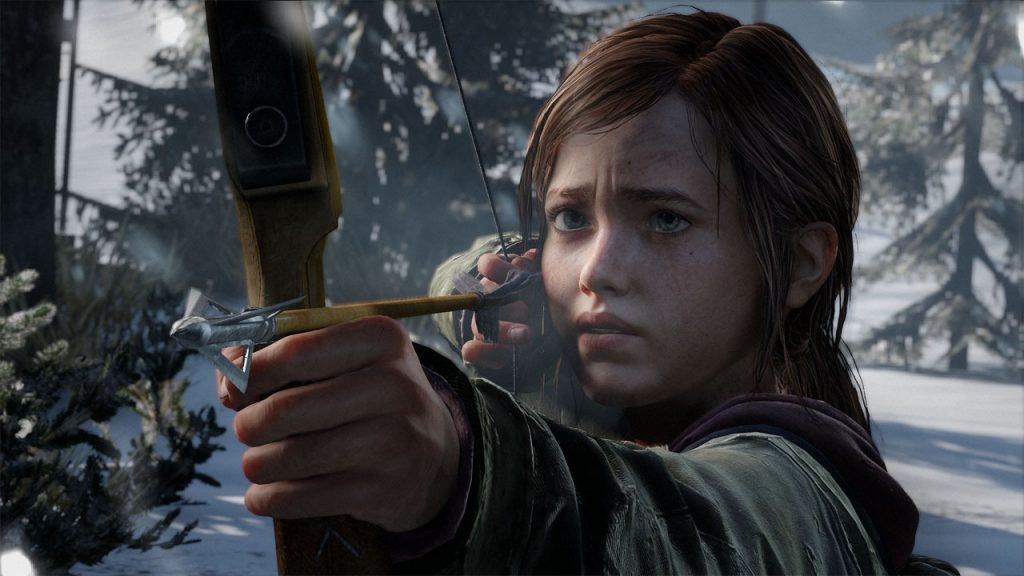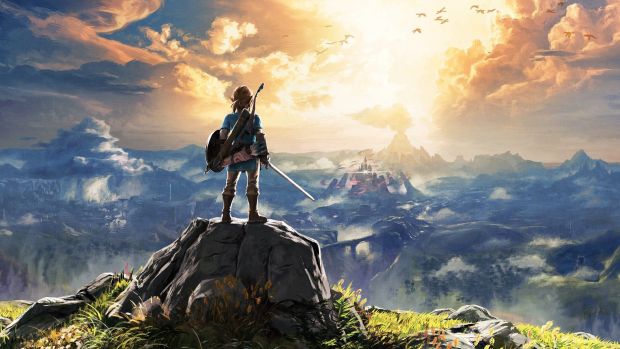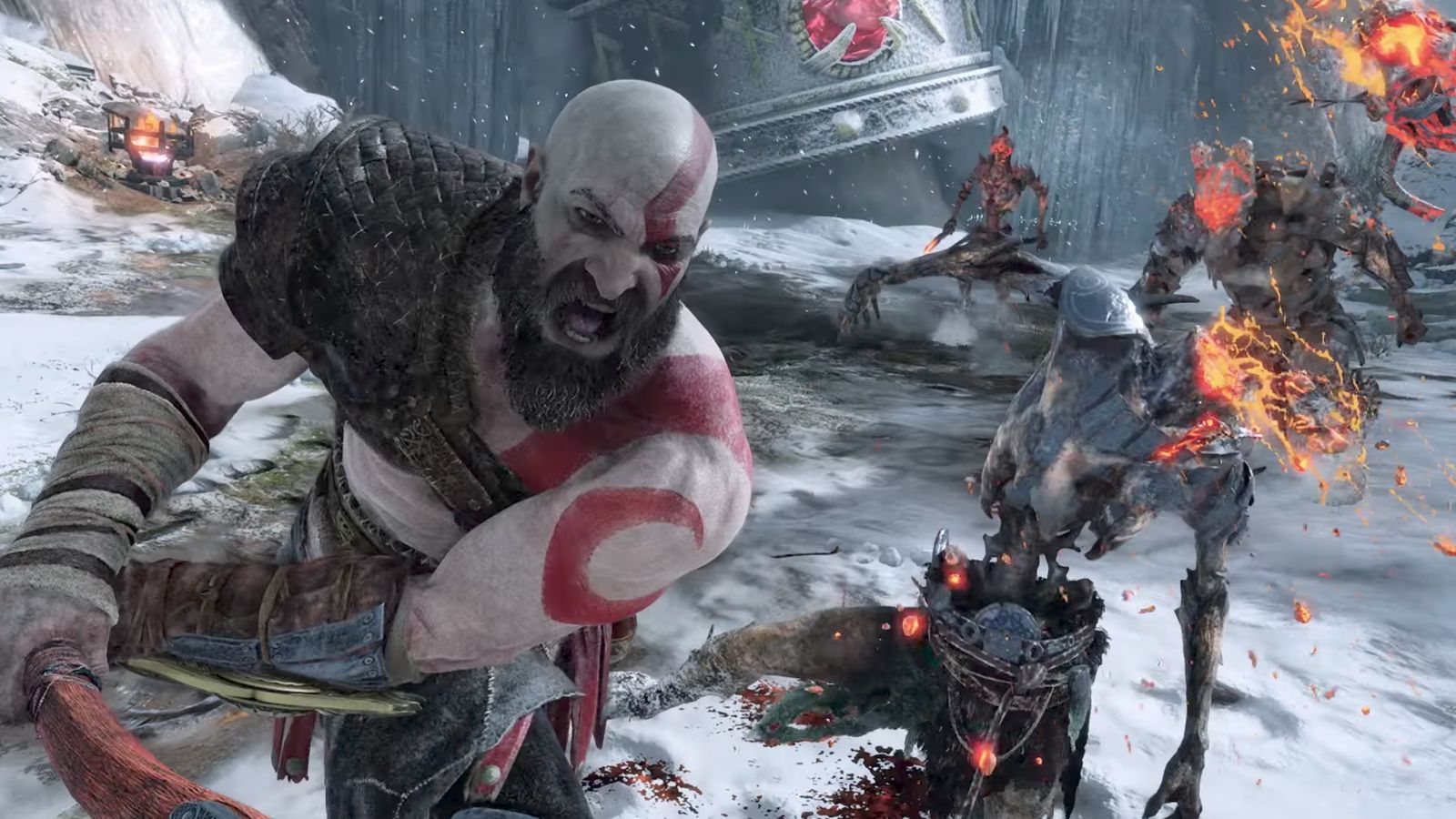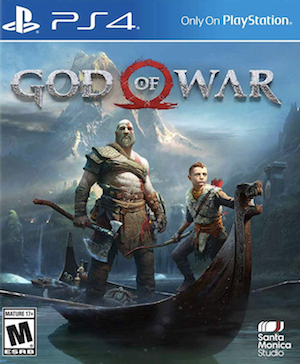
There is little doubt of Sony’s merits as a first party publisher. This is the company that has managed to foster a varied slate of franchises, studios, and games for its systems across four generations, with beloved franchises and developers commanding a lot of loyalty. While Sony has lacked the singular system selling power of Nintendo’s first party – Nintendo has cultivated brands for almost four decades, and can and routinely does sustain successful game platforms on the back of nothing but its own games, while the bulk of Sony’s system sales come for their third party support – over the last decade, especially, Sony has shown that it is willing to double down and invest in its first party lineup.
Sony’s investment in first party games truly started in the PS3 era, and there are historical reasons on record for that. Back when they were soliciting third parties to develop for the original PlayStation, one of the many ways Sony sweetened the pot for them (in addition to using CDs, providing them with a powerful but easy to develop for console, and having low royalty rates) was via an implicit assurance that unlike on Sega’s and especially Nintendo’s platforms, third parties would not have to compete with very many Sony games on their console.
"Things then changed with the onset of the Xbox 360, which presented, compared to the PS3 that Sony was fielding at the time, a powerful but easy to develop for system, with a documented development environment, great terms for support on the platform, and just a growing install base that was becoming hard to ignore. This, coupled with the rise of third party middleware such as Unreal Engine, meant that most third parties realized that it was foolish to not put their games also on the Xbox 360, if nothing else."
Third parties, of course, flocked to PlayStation, and for the next decade or so, Sony enjoyed de facto exclusives coming from them because third parties weren’t too keen on developing for Sega or Nintendo at the time. Things then changed with the onset of the Xbox 360, which presented, compared to the PS3 that Sony was fielding at the time, a powerful but easy to develop for system, with a documented development environment, great terms for support on the platform, and just a growing install base that was becoming hard to ignore. This, coupled with the rise of third party middleware such as Unreal Engine, meant that most third parties realized that it was foolish to not put their games also on the Xbox 360, if nothing else. And so, one by one, games that would have been presumed PS3 exclusives – Assassin’s Creed, Resident Evil 5, Catherine, Tales of Vesperia, and most cripplingly, Final Fantasy 13 and Grand Theft Auto 4, jumped ship to be on Xbox as well- and all of a sudden, Sony was left with no third party exclusives to differentiate their console from the competition.
To Sony’s credit, they jumped on the problem with an admirable ferocity. Recognizing that they could not rely on third parties to furnish them with exclusives any longer, they decided to provide them themselves. Significantly expanding the budgets for their existing studios such as Polyphony Digital, Japan Studio, Naughty Dog, and Santa Monica, while purchasing new ones such as Sucker Punch and Media Molecule, Sony began to release a spate of great games one after the other- Killzone 2, LittleBigPlanet, inFamous, Resistance 3, Gran Turismo 5, WipEout HD, Demon’s Souls, Uncharted 2: Among Thieves, God of War 3, and The Last of Us, among others. By the end of the generation, Sony’s relentless lineup of quality exclusives had turned the tide, and they had mounted a Super Nintendo style comeback with the PS3, now squarely in the position of power going into the PS4 generation.
"To Sony’s credit, they jumped on the problem with an admirable ferocity. Recognizing that they could not rely on third parties to furnish them with exclusives any longer, they decided to provide them themselves."
Sony’s excellent first party showing continued this generation, too. Bloodborne, Gravity Rush 2, inFamous: Second Son, Uncharted 4: A Thief’s End, Horizon: Zero Dawn, plus games like the upcoming Days Gone, Detroit: Become Human, Spider-Man, Dreams, and Ghosts of Tsushima. Even their disappointing launches, such as DriveClub and Gran Turismo Sport, got turnarounds thanks to excellent post-launch support.
But it is the release of God of War this week that marks the most significant moment Sony has had yet as a first party publisher- you see, this is the first time Sony has shown that it understands how not just to launch a new IP, but to build, sustain, cultivate, and adapt it. Sony’s mantra until now has been to launch new IPs aplenty, letting old ones fall by the wayside if necessary. In a way, this is admirable, because Sony’s commitment to new franchises is their biggest strength. But the importance of building and cultivating a franchise cannot be understated, either- just as Nintendo, who have one of the most enviable slate of IP in the world, second only to Disney, perhaps. Just ask the legions of fans of Sony franchises fallen by the wayside, such as WipEout, Syphon Filter, SOCOM, Wild Arms, and Dark Cloud, about how much they would have liked for Sony to keep working on those franchises.
Cultivating an IP is difficult work- you need to keep it relevant across multiple years and generations, shifting and adapting it to suit changing market tastes and sensibilities, while also retaining enough of what made the franchise so big to begin with so as to not alienate the original fanbase. Very few companies in the world have managed this- mostly Nintendo and Capcom. Of first parties, literally no other company except for Nintendo has managed this. Microsoft managed to launch beloved IP such as Halo and Gears of War, but failed to reinvent them with changing market conditions, causing them to lose relevance. Sega let their old IP fall by the wayside, launching new ones with each console, causing a fractured overall identity for their lineup. Nintendo is the only company that, apart from launching new IP when necessary, has exhibited that it can foster and cultivate existing IP across decades too- until now.
"Cultivating an IP is difficult work- you need to keep it relevant across multiple years and generations, shifting and adapting it to suit changing market tastes and sensibilities, while also retaining enough of what made the franchise so big to begin with so as to not alienate the original fanbase. Very few companies in the world have managed this."
With the launch of the new God of War, Sony has proven it can and will do it too. Now that Sony has a stock of first party characters and franchises that are so beloved and command so much cachet, Sony has made a statement that it will retain and reinvent its franchises if it has to and can, and that it will do it with aplomb. Until now, when Sony IP have received sequels, they have mostly been very similar to their predecessors, until tapering interest finally causes the franchise to be put on hold- look at Jak and Daxter, Gravity Rush, Killzone, Resistance, inFamous, LittleBigPlanet, and so on. God of War represents the first time that Sony has taken a franchise- arguably its most beloved franchise with its most iconic character- and totally overhauled it from the ground up, while somehow still retaining the core of what made the original games so beloved to begin with.
In the process, Sony has created one of the highest rated games of all time, because taking existing franchises and reinventing them well always leads to acclaim- just as Mario, Zelda, Metroid, Resident Evil, Monster Hunter– and significantly expanded the series’ appeal as well, since now not only will God of War fans buy this new game, but people who otherwise might not have ben interested in the old games will look at picking this new one with a new style up, too. Sony has also set a precedent- if this could happen with God of War, then surely other beloved franchises could get similar reinventions down the line too, right? Maybe a new, completely rethought Uncharted game for the PS5 in 2024?
"God of War represents a seminal moment for Sony as a first party publisher, because this is the first time it has shown it is willing to cultivate its franchises and keep them fresh across generations by reinventing them, joining hallowed company in the process. Sony has now joined Nintendo as the only other first party in history who have shown an ability to successfully cultivate IP- going forward, we could maybe see Sony franchises that we know and love running for decades, much like Nintendo’s franchises do."
So, yes, God of War represents a seminal moment for Sony as a first party publisher, because this is the first time it has shown it is willing to cultivate its franchises and keep them fresh across generations by reinventing them, joining hallowed company in the process. Sony has now joined Nintendo as the only other first party in history who have shown an ability to successfully cultivate IP- going forward, we could maybe see Sony franchises that we know and love running for decades, much like Nintendo’s franchises do. I’m sure no one will mind knowing that a new PlayStation console would mean a bigger, better, and fresher Horizon or Uncharted or God of War– there’s an excitement to that that Sony fans can now look forward to, too.
The best part? In the process, unlike, say, Microsoft, Sony hasn’t developed a crippling dependance on its existing IP at the expense of all else, either. Like with Nintendo before them, Sony has shown they will continue to launch new IP while fostering existing ones, too. So while Sony fans can expect their beloved series to continue going forward, we also know we can look forward to a slate of great first party franchises and games that are all new- in fact, just in the new year or so, we have Days Gone, Ghosts of Tsushima, Dreams, Detroit: Become Human, and Death Stranding to look forward to, while also getting a sequel to a beloved game in the form of The Last of Us Part 2.
Truly, the best of all worlds.
Note: The views expressed in this article are those of the author and do not necessarily represent the views of, and should not be attributed to GamingBolt as an organization.








